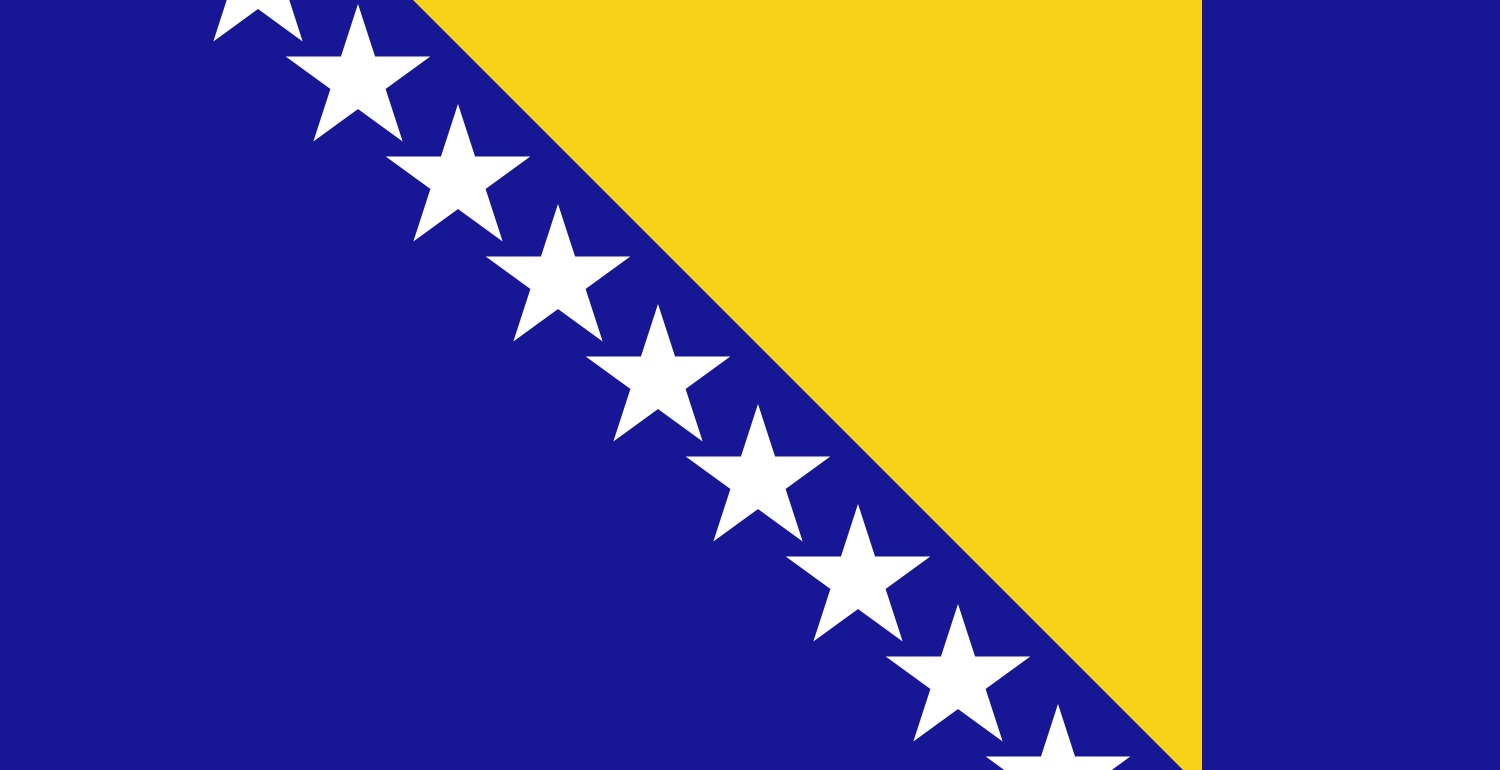The Helsinki Commission addressed the status of the ongoing rehabilitation efforts in Bosnia-Herzegovina following the conclusion of the war that took place between 1992 and 1995. Amidst lasting tensions, the Commission emphasized the need for reconciliation and for civilians to actively participate in this process.
The primary witness, J. Brian Atwood, administrator of the Agency for International Development, emphasized several goals for moving forward in Bosnia-Herzegovina such as addressing the issue of displaced persons by repairing housing infrastructure, encouraging economic activity through international cooperation with the central bank, and initiating elections under free and fair conditions.






